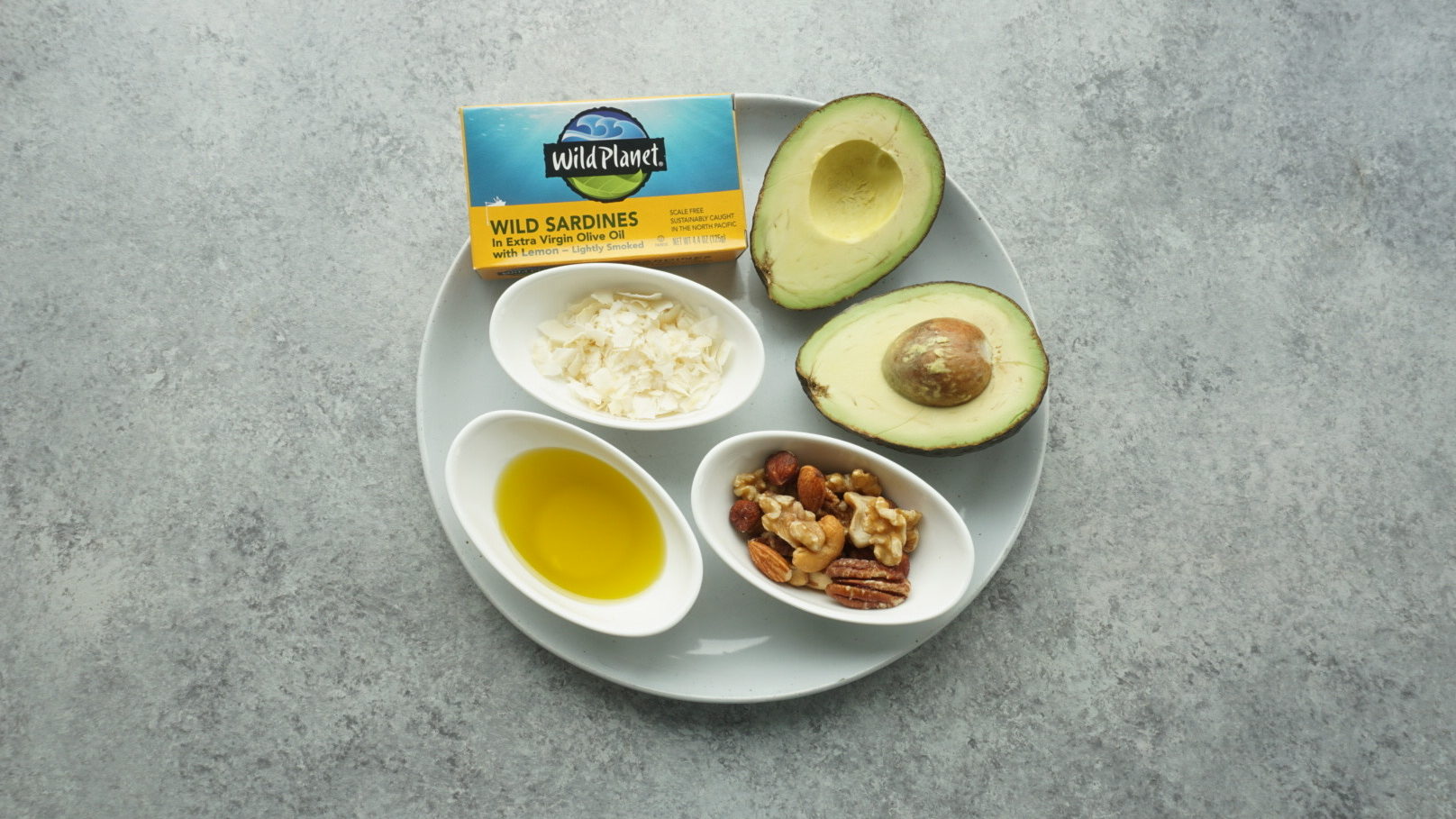Hi Friend,
Fat serves many vital functions in the body:
- Because cell membranes are composed of fat (a specific type called phosopholipids) your cells need dietary fat in order to function efficiently.
- Fatty acids also make up the myelin coating on neurons – making dietary fat essential for proper nervous system communication.
- Dietary fat helps you absorb and transport the fat soluble vitamins – A, D, E, and K – which all assist with a host of responsibilities.
- Dietary fat also helps control hunger, provides satiety, and empties slowest from the stomach. Combined with a high-protein, high-fiber diet – you’ll voluntarily eat less and get more satisfaction from feedings, which is generally a benefit.
- Plus, let’s be real, it tastes great.
Even saturated fat is important and does not need to be avoided. Saturated fat gets a bad rap because in the presence of a high-carb, low-fiber diet with little-to-no exercise, saturated fat causes trouble. But like all dietary concerns, you’ve gotta look at the big picture. Move some of these chess pieces around and we’re reminded that saturated fat plays a vital role in sex hormone production, immune health, and snappy brain function.
Ideally 1/3 of your fat is saturated (animal derived fats – like 100% all-natural butter), 1/3 is monounsaturated (olive oil, nuts, nut butter, avocado), and 1/3 is polyunsaturated (fish oil, salmon, walnuts, flaxseed, pumpkin and sunflower seeds). Polyunsaturated fats can be further divided into Omega-3 and Omega-6 fatty acids. These are both essential fatty acids (EFA’s.) That means we can’t make them – we need to get them from our diet. It’s almost silly how good Omega-3’s are for the body. And because the typical Western diet has a much larger proportion of Omega-6 fatty acids, fish oil (and small, cold water fish such as herring and Artic char) are indispensable.
You can’t talk about the good without talking about the bad. Because a fat inclusive diet doesn’t mean fast food and Häagen-Dazs.
A word about trans fats:
There are few foods we tell people NOT to eat and man made trans fatty acids are one of them. Trans fats are usually found in hydrogenated vegetable oils such as margarine and shortening. They’re also commonly used in donuts, french fries, packaged goods, and fast foods. Unfortunately, there is no intake at which there are no adverse effects. They increase the risk of coronary heart disease, they raise bad (LDL) cholesterol and lower the good kind (HDL). Basically, they cause inflammation and muck up your arteries. Trans fats are not good for us, even in small quantities, so we generally avoid them.
As for overall fat intake, 2 thumbs of fat per meal for females and 3 thumbs of fat per meal for men is a nice starting guideline.
Include extra virgin olive oil, nuts, avocados, fish oil/small cold water fish, butter, full-fat yogurt, and animal fat to a diet that should ideally be high in vegetables and moderate in meat. Minimize fast food, reduced fat products, and added sugars and the next time you take your fish oil, remind yourself why it’s so darn good for you.
That’s the skinny on fat. We love bad puns.
Love & muscles,
Rob & Mel

